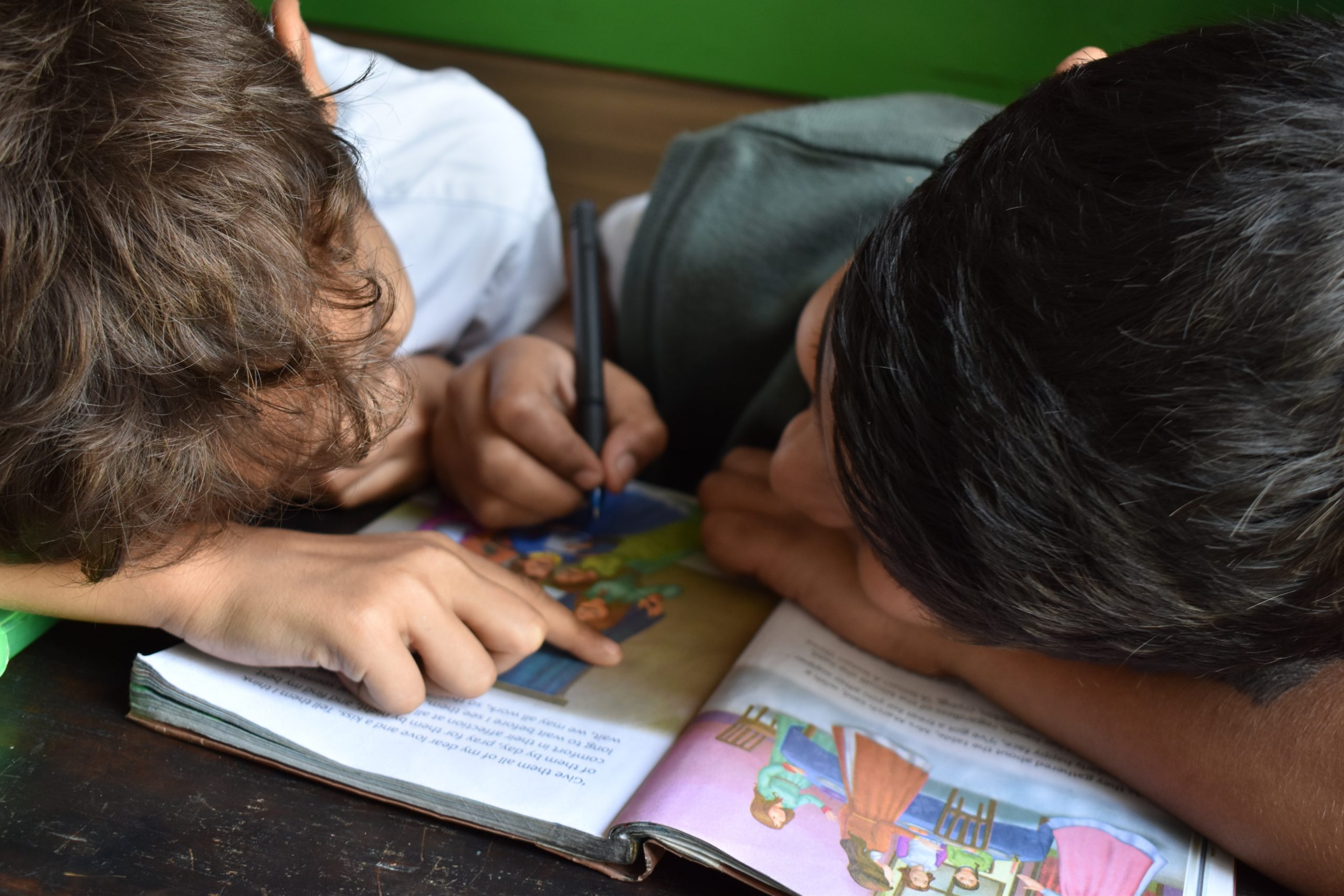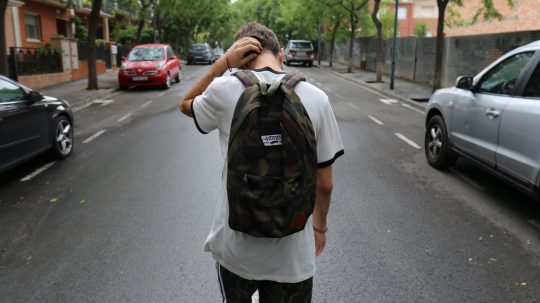Foster child allowances in Glasgow have been frozen for nearly a decade, equating to a 23% cut, and foster carers’ pay has also fallen by 30%, according to the Independent Workers’ Union of Great Britain (IWGB).
While Glasgow City Council decides on its 2022 budget, foster carers have called for them to invest in foster care to end the pay crisis, lessen pressure on public services, boost the local economy and ensure every child is getting the start in life they deserve.
A lack of proper funding threatens children’s right to an adequate standard of living, protected in Article 11 of the International Covenant on Economic, Social and Cultural Rights. Without fair pay for foster carers and reasonable child allowances, children in Glasgow also face breaches of their rights protected in the UN Convention on the Rights of the Child, adopted into Scottish law in 2020, such as the right to be heard and the right to life survival and development.

Credit: Andrew Ebrahim / Unsplash
“Being a foster carer is not the same as being a parent,” said Jacqueline McShane, a Glasgow-based foster care worker who is currently caring for three children under five. “You take in the most vulnerable children in our society with complex support needs that require specialist, round-the-clock care. But the work we do is so undervalued and we have been pushed to breaking point.”
Foster carers look after the country’s most vulnerable young people and help manage children with complex needs – yet some earn below the minimum wage, according to IWGB.
The staggering drop in pay, revealed via a Freedom of Information request, has inspired the launch of the Fairness for Foster Carers campaign, demanding more rights and protections for children in care and foster carers in Scotland.
Taking inflation into account, the freeze amounts to a 23% cut in foster child allowance, meaning carers are having to subsidise the costs of care themselves. Some are simply not able to cover these costs, with foster carer pay having stagnated for 13 years, leaving children in care without the supplies they need.

Credit: Guillaume de Germain / Unsplash
“For a decade now, Glasgow City Council has failed this city’s most vulnerable children,” said Kenny Millard, chair of the Foster Care Workers’ Branch of IWGB.
“Now dedicated foster carers are being driven either into poverty or out of service all together because they simply cannot afford to continue subsidising that failure.”
A severe shortage of foster carers, caused by feelings of being “exploited”, forced more than 500 children from Glasgow to be relocated out of the area in 2020-2021, according to IWGB. Glasgow City Council has had to turn to private sector fostering agencies to cover the gaps as a result, which has been considerably more expensive.
Increasing investment in foster care services would improve the quality of care and outcomes for young people, the IWGB argues. The investment, it says, would also boost Glasgow’s local economy, as sufficient funding could reduce public costs by £875 million in Scotland per year.

Credit: BBC Creative / Unsplash
“An investment in Glasgow’s children is an investment in its future,” said Millard. “By ending the freeze Glasgow City Council can help tackle the crisis in foster care, lessen pressure on public services, boost the local economy and give every child in Glasgow the start they deserve here, where they belong.”
With one in five foster carers having considered quitting during the coronavirus pandemic, ensuring fair working conditions to improve care for children could prevent more foster carers from leaving the sector.
Until funding increases, improving foster carers’ pay and stopping the drop in child allowance, both workers’ rights and children’s rights will remain at risk.
“Glasgow has been part of discussions with the Scottish Government and Cosla around a national decision on fostering fees and allowances but remains one of the local authorities paying higher than the national average for a number of years,” said a Glasgow City Council spokesperson. “Glasgow’s integrated care arrangements continue to shift the balance, where appropriate, towards supporting children in their home environment and aligned to the recent national and Scottish Government Independent Care Review and the Promise.”






